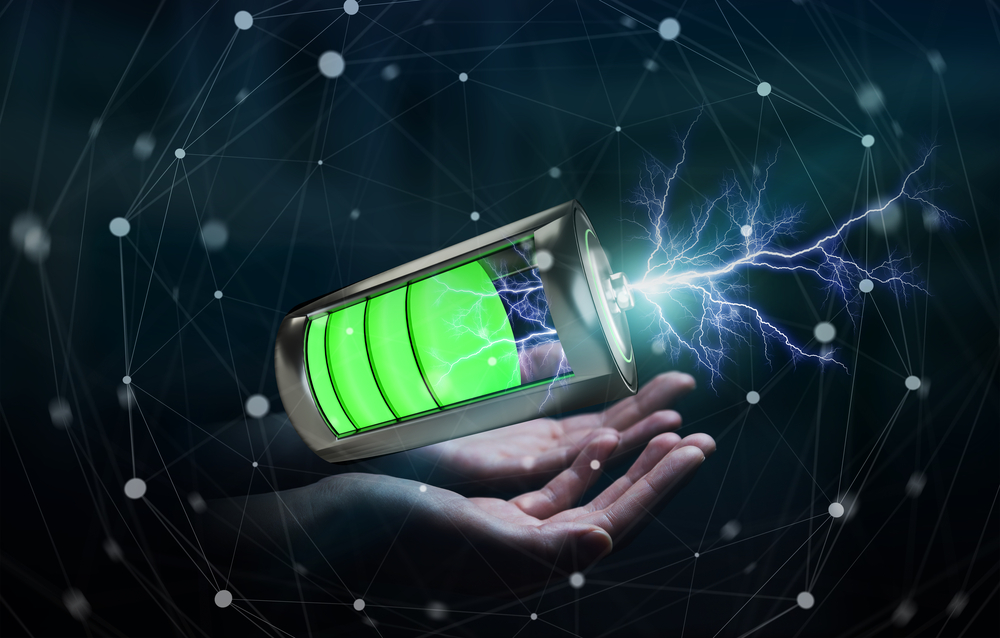When you are up against 91 other international companies pitching for the same job, you have to do something very different to attract attention to your bid. And that’s just what entrepreneur and visionary, Elon Musk, did when bidding for the contract to build a record-breaking battery to power the state of South Australia.
The state has been plagued with power problems since a freak storm caused a state-wide blackout in 2016. The storm caused 80,000 lightning strikes and left 1.7m people without power in a state that is 40% larger than Texas. Ever since, they have predictably been searching for a way to both stabilise their network and provide reliable power in the event of an emergency.
One suggested answer to both of these challenges is to create the world’s largest lithium ion battery. At 100megawatts (129megawatt hours), the new battery will dwarf its nearest rival, at a mere 30MW.
The new battery will be paired with a brand-new wind farm, the Hornsdale Wind Farm near Jamestown. The farm has 99 turbines creating 315MW of clean, renewable energy. This will enable the state to generate and store energy when production is cheap and demand is low, and release it when production is more expensive or demand is high. This in turn will not only make the power supply more reliable, regardless of the weather, but should also level out power prices for consumers.
“It will completely transform the way in which renewable energy is stored, and also stabilise the South Australian network, as well as putting downward pressure on prices,” said South Australia Premier, Jay Weatherall.
While Musk’s Tesla company is a leader in the field of batteries and electrically powered cars, it wasn’t just this experience that won him the bid. What really got the attention of the state legislature was his offer to build the new battery within one hundred days, or else do it for free.
Musk made the offer in writing, on Twitter, for all to see, and after his claim to be able to solve the state’s power problems, he was quickly doubted by Australian software entrepreneur, Mike Cannon-Brookes. When challenged on how serious he was, Musk tweeted: “Tesla will get the system installed and working 100 days from contract signature, or it is free. That serious enough for you?”
Now it’s all very well for your local pizza delivery company to make an offer like that, but for Musk, it could cost a lot more than the price of a free pizza if he is late. Experts estimate that failure to deliver on time could cost him as much as $50m.
Of course, we shouldn’t be surprised to see Elon Musk raising the stakes like this. As the mastermind behind the likes of the SpaceX rocket company, he is used to taking on the kind of seemingly impossible risks that other businesses might go out of their way to avoid.
“Business is like a series of poker games,” says Musk of his business ventures. “Now I’ve gone on to a more high-stakes poker game, and just carried those chips with me.” No wonder he is a hero to many of the world’s best players, with Igor Kurganov describing him as his biggest inspiration.
The big 100-day countdown for the battery will not start until the contracts have been signed and Musk has an agreement on his connection with the wind farm. Nonetheless, the project is still expected to be completed this year. But even if it isn’t, the South Australian government won’t be too unhappy. After all, they will have just saved themselves tens of millions of dollars.

